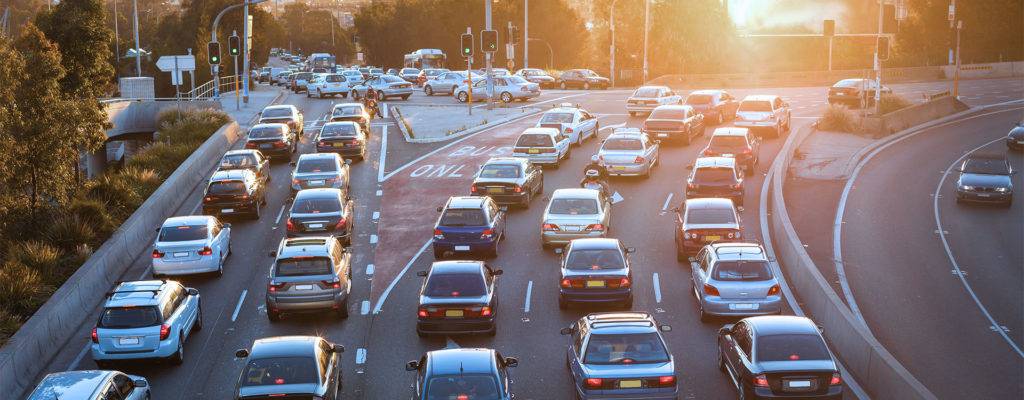Congestion management becomes a major challenge in densely populated urban centers. As cities continue to grow, problems related to traffic congestion, delays and poor air quality require innovative solutions to ensure sustainable and efficient mobility.
Diagnosis of Urban Congestion
Urban congestion is often the result of rapid population growth, accelerated urbanization and an increase in the number of vehicles on the road. These factors contribute to road saturation, leading to significant delays, increased greenhouse gas emissions and a deterioration in quality of life.
Intelligent Infrastructure to Optimize Traffic
The introduction of smart infrastructure represents one of the most promising solutions to alleviate congestion. Traffic management systems based on sensors and artificial intelligence help optimize traffic lights, direct traffic in real time and provide information to drivers to avoid congested areas.
Promotion of Public Transport and Carpooling
Promoting public transportation and carpooling is an effective approach to reducing the number of individual vehicles on the roads. Financial incentives, dedicated carpool lanes and improvements in public transport services encourage citizens to adopt shared travel modes, reducing pressure on road infrastructure.
Technology at the Service of Congestion Management
Mobile applications and technology platforms play a vital role in congestion management. Real-time navigation applications provide alternative routes for drivers, allowing for a more balanced distribution of traffic. Additionally, collecting data on travel patterns helps authorities make informed decisions to improve traffic flows.
A Future of Smart Mobility
In conclusion, congestion management requires an integrated approach, combining smart infrastructure, promotion of shared transport and use of technology. Cities of the future must adopt policies that support sustainable travel modes, while investing in innovative solutions to maximize the efficiency of existing transport networks. Collaboration between governments, technology companies and citizens is crucial to creating a future of smart mobility, where roads are smooth, emissions are reduced, and the quality of urban life is preserved. By integrating these innovative strategies, urban centers can not only solve current congestion challenges, but also create more sustainable and enjoyable urban environments for all.

